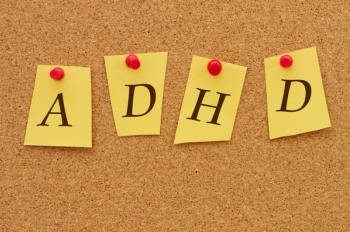
ADHD Awareness Months brings attention to a common, but still somewhat misunderstood condition that pharmacists encounter on a near daily basis.

ADHD Awareness Months brings attention to a common, but still somewhat misunderstood condition that pharmacists encounter on a near daily basis.

But the good news is treatments can be tailored for patients with the chronic behavioral condition.

There are many substances that are included on the prohibited list for the Tokyo Olympics that are considered standard medications for certain disease states.

Alterations in the amino acid profile of children with attention-deficit hyperactivity disorder may support further research into potential new treatment strategies.

It is currently debated whether or not sluggish cognitive tempo—defined as a collection of symptoms that include persistent dreaminess, fatigue, and slow working speed—is part of ADHD or separate from it.

Study indicates that the genetics affecting aggression in children with attention-deficit hyperactivity disorder and disruptive behavior disorders are the same as genetics underlying aggression in the general population.

The FDA has approved Qelbree (viloxazine extended-release capsules; Supernus Pharmaceuticals, Inc) for the treatment of attention-deficit/hyperactivity disorder (ADHD) in pediatric patients aged 6 to 17 years.

The amount of green space surrounding children’s homes may impact the development of ADHD.
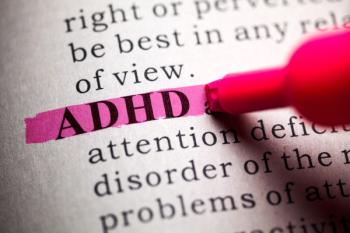
The strongest associations with attention-deficit hyperactivity disorder were present for nervous system, respiratory, musculoskeletal, and metabolic diseases.

Although ADHD is generally treated through medication and/or behavioral treatments, in more than 25% of children, these treatments alone are insufficient.
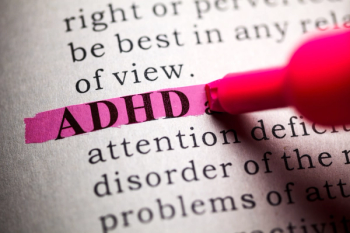
Study suggests attention-deficit hyperactivity disorder medications may lower the risk of suicide in children with hyperactivity, oppositional defiance, and other behavioral disorders.

Vviloxazine (Qelbree) is a norepinephrine reuptake inhibitor that provides a new treatment option for patients aged 6 to 17 years with ADHD.

Individuals with attention-deficit hyperactivity disorder and other diagnoses who are taking stimulant medications are also more likely to switch to non-stimulant medications.

The findings showed that on average, college students with ADHD received grades that were half a grade level below their peers in all 4 years.

Cawkwell and his colleagues emphasized the need for further research to clarify the possible effects of cannabis on brain structure, function, and behavior in young people with ADHD.

Specific communication among different brain regions, known as brain connectivity, could potentially serve as a biomarker for attention-deficit hyperactivity disorder (ADHD), according to a study published in Frontiers in Physiology.
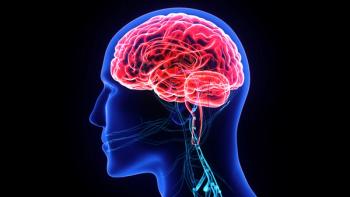
The study analyzed nearly 4000 patients with these pathologies and 30,000 control individuals, examining the neurobiological basis for aggressive behavior.

The norepinephrine reuptake inhibitor indicated for patients aged age 6 to 17 years recently received FDA approval.

Methylphenidate hydrochloride extended-release tablets are indicated for the treatment of ADHD.

The diagnosis and treatment of attention deficit hyperactivity disorder (ADHD) in children and teens can be a complex and unique challenge for providers.

At the 2020 Virtual Conference on Pediatric Health Care, Dawn Garzon Maaks, discussed important elements in the diagnosis and treatment of tics in children with ADHD.

How did switching from name brand to generic cause a child’s death?
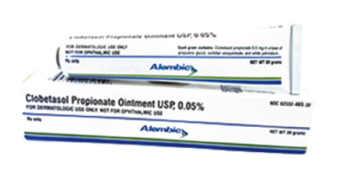
Generic products featured in the April 2020 issue.

Careful treatment selection can prevent lifelong and serious complications from these medications.

ADHD is correlated with lower health-related quality of life that starts in childhood and can persist into adulthood.